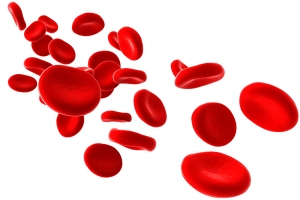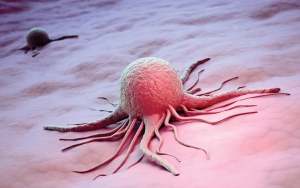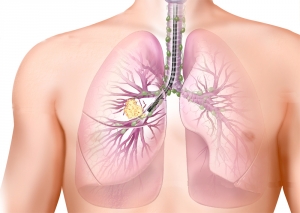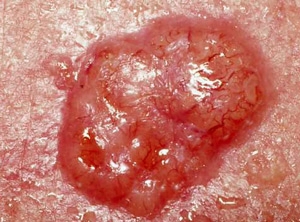Angiogenesis is a physiological process in the body where new blood vessels develop from the pre-existing blood vessels. An ability to form new blood vessels is necessary for healthy body function and repair (i.e., wound healing). However, this process is high jacked by cancer cells to support faster growth of tumors and the spread of cancer.
Prostate cancer is the leading cancer in men, and one in every six will be diagnosed with it in their lifetime. Worldwide, it is the second most common cause of cancer related deaths in men in the developed countries. An estimated 12 million new cases of prostate cancer are diagnosed each year.
About 140,000 people will receive a terrifying diagnosis in 20141: “You have colon cancer.” Colon cancer, known as colorectal or bowel cancer is the third most common cancer and the third leading cause of cancer related deaths in the US. Worldwide it is responsible for over 600,000 deaths. The annual cost of cancer care for a patient with metastatic cancer can reach $310,000, financially devastating a person and the family.
Lung cancer, the most common cause of death from cancer worldwide, was responsible for nearly one in five (1.38 million) cancer deaths in 20081. In 2012, about 1.8 million new lung cancer cases were diagnosed.
Current therapies are ineffective, highly toxic, and over half of all patients die within one year of being diagnosed. The five-year survival rate of only 3.5% has not improved over several decades. There is therefore an urgent need to change the direction in cancer research and develop new, original and safer approaches.
After heart disease, cancer is the second leading cause of death worldwide. One in two men and one in three women will be diagnosed with some type of cancer in their lifetime. Despite novel initiatives, the American Cancer Society estimates that by 2020 the number of new cancers will increase to more than one million cases per year in men, and more than 900,000 cases per year in women. Melanoma, lung, breast, and prostate cancer are the most commonly diagnosed among the new cancers. Although cigarette smoking - the most common risk factor for cancer - still remains high, obesity and other metabolic disorders can contribute to and increase breast, colon, uterus, pancreas, and kidney cancers.
Skin cancer is a leading form of cancer in the United States and other industrialized countries. In the US alone 3.5 million new cases of skin cancer are diagnosed every year. Until now no effective treatment is available.
The reason skin cancer is so wildly feared is not the skin tumor itself, but the fact that the cancer cells spread (metastasize) from the skin to other organs and eventually throughout the body. Nine out of ten cancer patients die not at the stage of a single tumor but during the stage of tumor metastasis.





